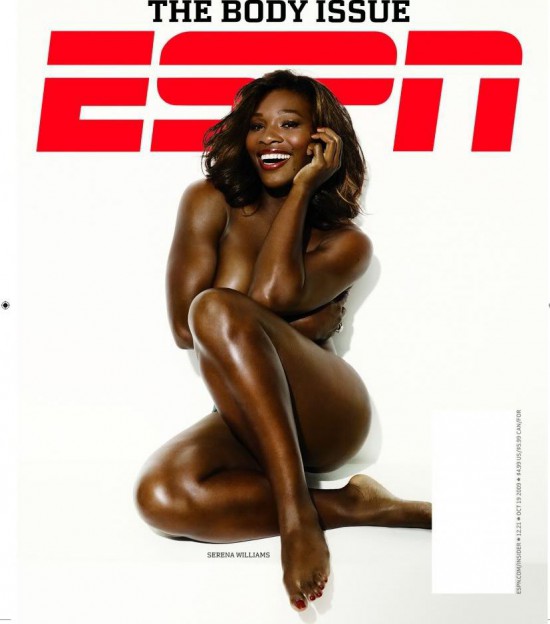
Jennifer Lynn Jones analyzes recent images and discourse on non-normative female athletes in sports media.
Read more »

Jennifer Lynn Jones analyzes recent images and discourse on non-normative female athletes in sports media.
Read more »

Spending public funds on sports stadiums and arenas is just as much about cultural policy as it is economic policy.
Read more »
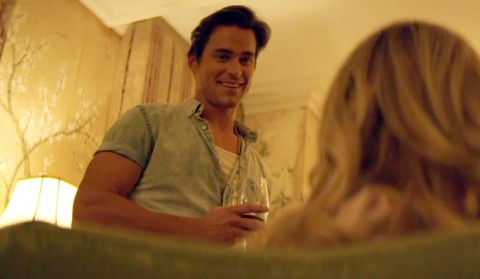
Magic Mike XXL adds new iconography to the intersectionally raced, gendered, and very classed pleasures found within the women's film through its attention to the centrality of women's sexual desires vis-à-vis the deployment of male bodies who serve to maintain that pleasure.
Read more »
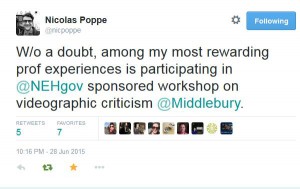
Melanie Kohnen reflects on what she learned at Middlebury College's videographic criticism workshop.
Read more »

The Tudors and Wolf Hall can actually tell us a great deal about how the early modern appears in contemporary popular culture, as well as how we engage with the historical past.
Read more »
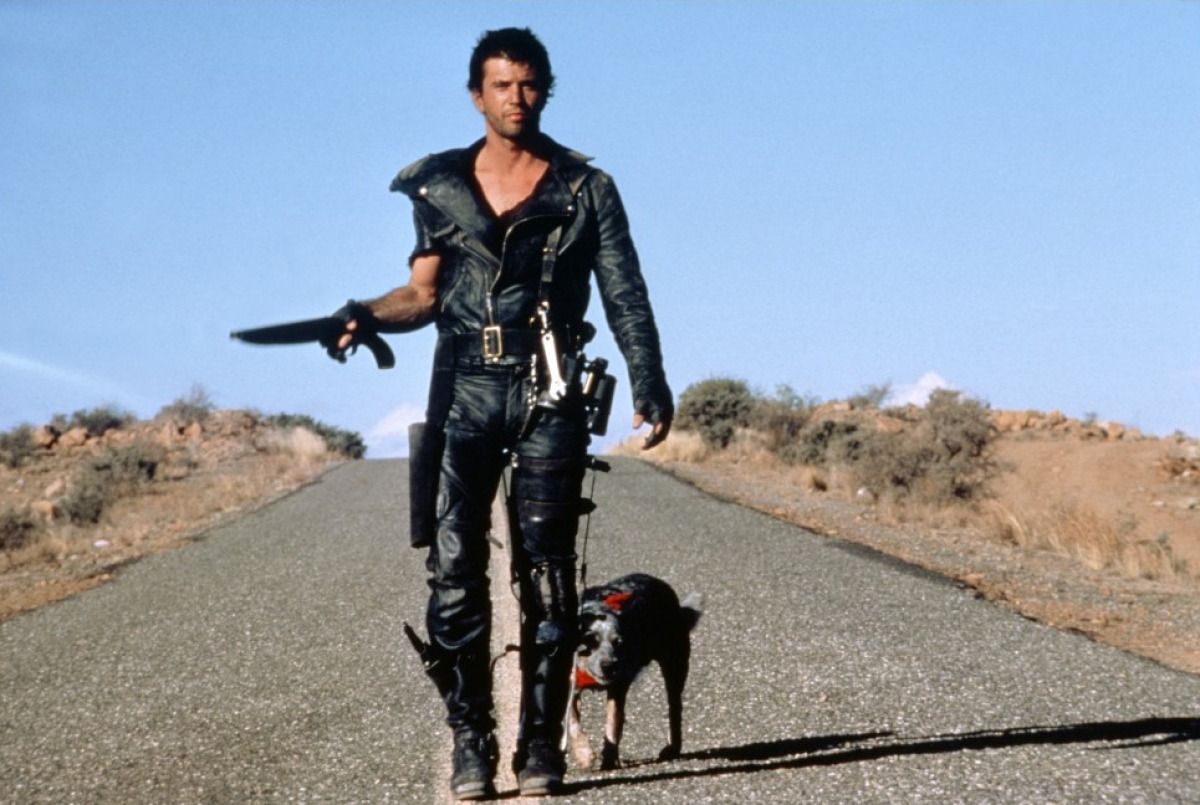
The Mad Max series continues to be a cult classic, in part because it re-appropriates the western and the road movie and redeploys them to create an environmentally catastrophic vision of a future that we could create.
Read more »
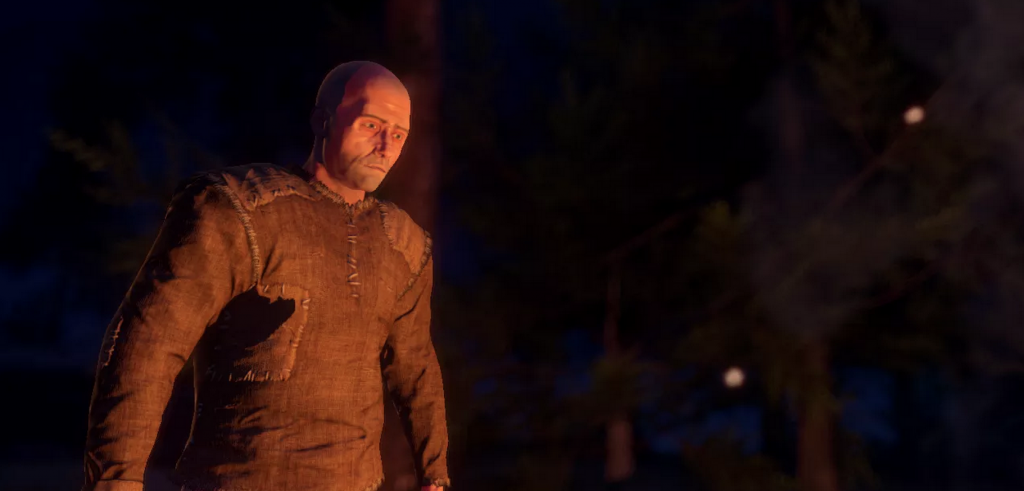
This spring, game designers of Rust courted controversy by assigning players unchangeable, racialized avatars. Adrienne Shaw unpacks how game design helped produce some of that player outrage.
Read more »
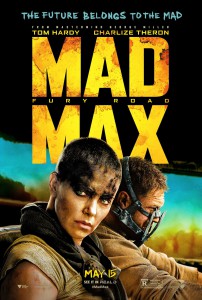
Against orthodox thought that cult films earn their status through lengthy reception trajectories, Mad Max: Fury Road is always already a cult film.
Read more »
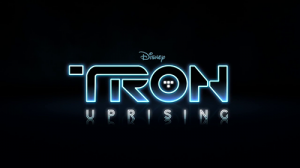
Disney's hesitation to move forward with TRON 3 is symptomatic of the company's inability to find an appropriate strategy to bridge disparate pieces under one unified brand.
Read more »

Li Cornfeld considers the technofuturism and Cold War nostalgia in "Tomorrowland," in light of the Walt Disney Company’s own corporate departure from space age optimism.
Read more »
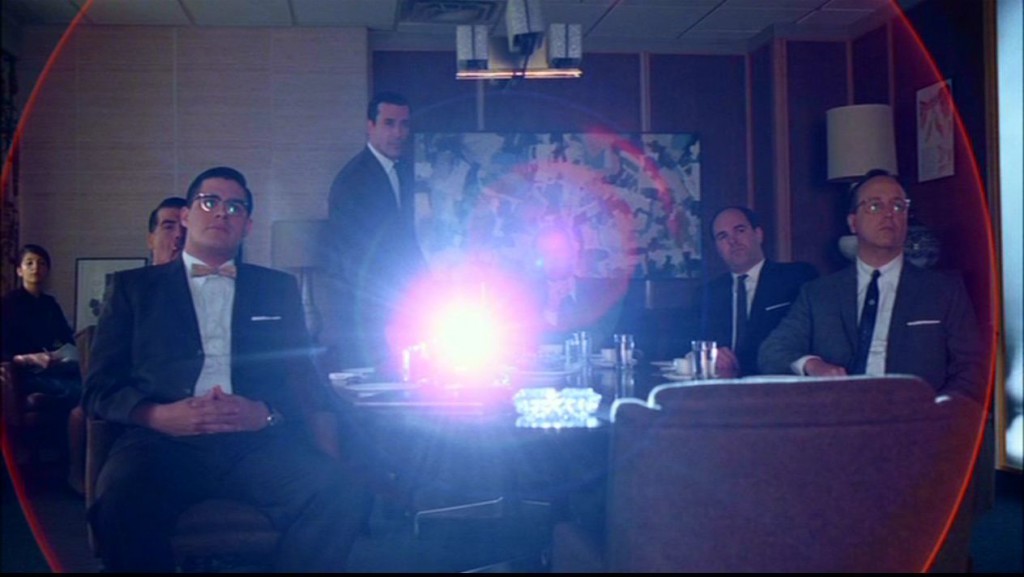
Mark Lashley discusses "Fuller House" and the current trend of resurrected television nostalgia, and how the notion of television as an ephemeral or disposable media form is diminishing.
Read more »
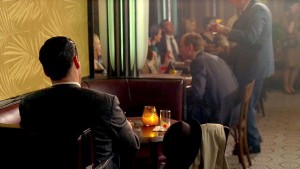
Piers Britton on Mad Men's visual style, series structure, and Sixties-philiac tendencies, and how the TV series turned its tension between the espousal of emotional truthfulness and a preoccupation with “superficial” visual pleasures into a branding strategy.
Read more »

Piers Britton explores questions of representation and issues of authorship and creative control in "Avengers: Age of Ultron" and the Marvel Cinematic Universe.
Read more »
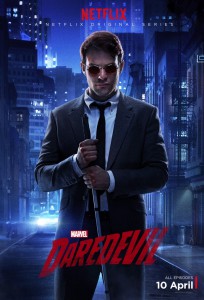
How far are Marvel Studios’ film and television franchises visually coded for homogeneity? How insistently, that is to say, is brand identity maintained at the levels of design, cinematography, editing and post-production processing?
Read more »

Why hasn’t The Wire, which showed us how structural racism and an abusive police department defines black life in Baltimore, translated into collective social action? Why are there only thousands in the streets? Where are the millions of fans of The Wire? And why aren’t they supporting black folks in Baltimore?
Read more »